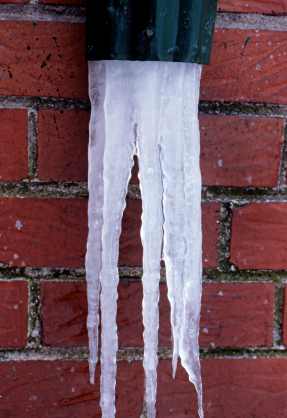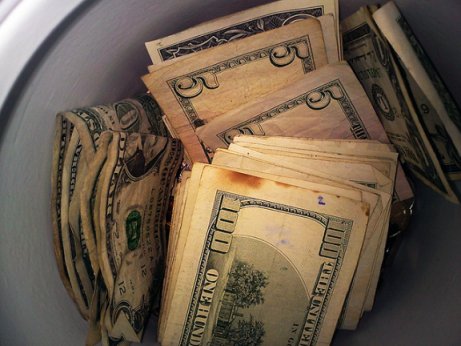Are Your Tenants’ Candles Burning up Your Profits?
A couple of years ago we had three apartments turnover, all about the same time, and they all had a sort of black soot on the walls and ceilings that made the apartments look dark and dingy and depressing.
I was standing in one of the apartments with my mouth open, and my maintenance contractor said: “they must have been burning candles 24-7.” He then showed me that the soot couldn’t be washed off…it had to be repainted. Ugh.
This can be a big expense for landlords, and forces you to keep the apartment off the market longer to get painting done. So here’s a great solution to cut this damage off at the pass:
Promote soy wax candles to your tenants!
Here’s how green and sexy soy wax candles are:
- Paraffin candles are petroleum-based products. They are full of toxic chemicals and additives, and they are unhealthy to breathe. They leave an icky black soot on the walls and ceilings of living spaces, and in your lungs.
- Soy candles are biodegradable, are non-toxic, are made with renewable energy resources, burn 30-50% longer, are healthy to breathe, and don’t leave soot and residue on the walls.
- Soybeans are part of the world’s sustainable agriculture program, so you’ll be investing in a valuable product that is helping the environment.
- Many soy candles are beautifully hand crafted by small American businesses and come in a large variety of appealing aromas.
I now attach a written info sheet to each new lease, and I pitch each new tenant on the joys of soy candles.
Lemons to lemonade.
Soy candles are available at Whole Foods and Amazon dot com.
Tell Your Tenants: DO NOT TURN OFF THE HEAT!
 Be sure to tell your tenants: PLEASE DO NOT TURN YOUR FURNACE OFF OR WAY DOWN during this very cold weather!
Be sure to tell your tenants: PLEASE DO NOT TURN YOUR FURNACE OFF OR WAY DOWN during this very cold weather!
It’s amazing (and embarassing) that landlords would have to tell their tenants not to turn off their heat when the weather is freezing, but you may as well learn from our mistakes so you don’t have to suffer what we just went through:
We just had residents on two different properties cause severe and costly damage to the property by turning off their heat “to save money.”
In one apartment, they turned off the heat to save money over the holidays while they were out of town. When they got back in town they called to say that they had no water and their tub drain was backed up…..as in frozen solid! It took our maintenance contractor about five hours to get the pipes unfrozen.
In another apartment, the tenants also turned off their heat over the holidays to save money because they were out of town. When they got back we found out that every single appliance had been frozen and had to be replaced: the water heater, the dishwasher, the garbage disposal and the furnace all were frozen and failed. The cost? Approximately $3,000.00 so these tenants could save maybe $30.00 in heat costs over the holidays. (By the way, the boyfriend had the chutzpah to call and tell us what crappy landlords we were for renting an apartment with all the appliances dead and dying).
Last year we had a tenant who complained that her walls and windows were sweating and causing water damage. Our maintenance contractor found out that she was turning her heat off in the day time while she went to work to save money. This caused the walls and windows to condensate and “sweat” when she came home each night and turned the heat on because the walls the windows were ice cold.
Last year we had another couple who turned their heat down as low as it could go every day when they went to work. Then they would call and complain repeatedly that there was something wrong with their furnace because it kept shutting off. We had several furnace experts come out and inspect the furnace at high costs. The experts figured out that the furnace’s safety mechanism was repeatedly shutting the furnace down because it was working so hard to reheat the apartment that it was overheating itself.
Hopefully, this will help you learn vicariously from our misadventures!

